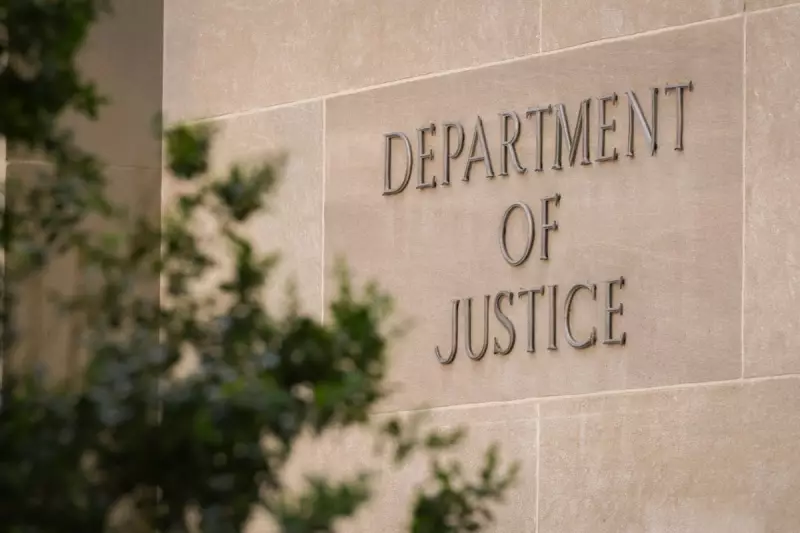
In a stunning revelation that has sent shockwaves through political circles, newly uncovered documents expose detailed plans by the Trump administration to systematically weaponise the US Department of Justice against his political opponents.
The Blueprint for Political Retribution
A confidential memo, drafted for the Trump White House, outlines a radical strategy to transform the Justice Department into what critics are calling a "political weapon." The document explicitly identifies categories of individuals and organisations deemed "enemies" who would face targeted legal action.
The memo proposes:
- Creating special investigative units focused on political adversaries
- Prioritising cases against administration critics
- Expanding the definition of "corruption" to include political opposition
- Establishing direct White House oversight of Justice Department operations
Democracy Under Threat
Legal experts and democracy advocates have expressed profound alarm at the revelations. The plans represent what many consider an unprecedented assault on the independence of federal law enforcement and the principle that no one is above the law.
"This isn't just politics as usual," noted constitutional law professor Eleanor Vance. "What we're seeing here is a blueprint for turning the Justice Department into the president's personal law firm, dedicated to punishing enemies rather than pursuing justice."
Historical Parallels and Future Implications
The exposed strategy bears disturbing resemblance to tactics employed by authoritarian regimes, where legal systems are manipulated to silence dissent and consolidate power. The timing of these revelations, as another election cycle approaches, raises urgent questions about the resilience of American democratic institutions.
Congressional leaders from both parties have called for immediate hearings to investigate the extent of these plans and whether any elements were ever implemented. The controversy promises to dominate political discourse in the coming weeks, with profound implications for the future of American democracy.





